Report of the Regional Director 21 - Chapter 3
Report of the Regional Director - 2021 - Chapter 3
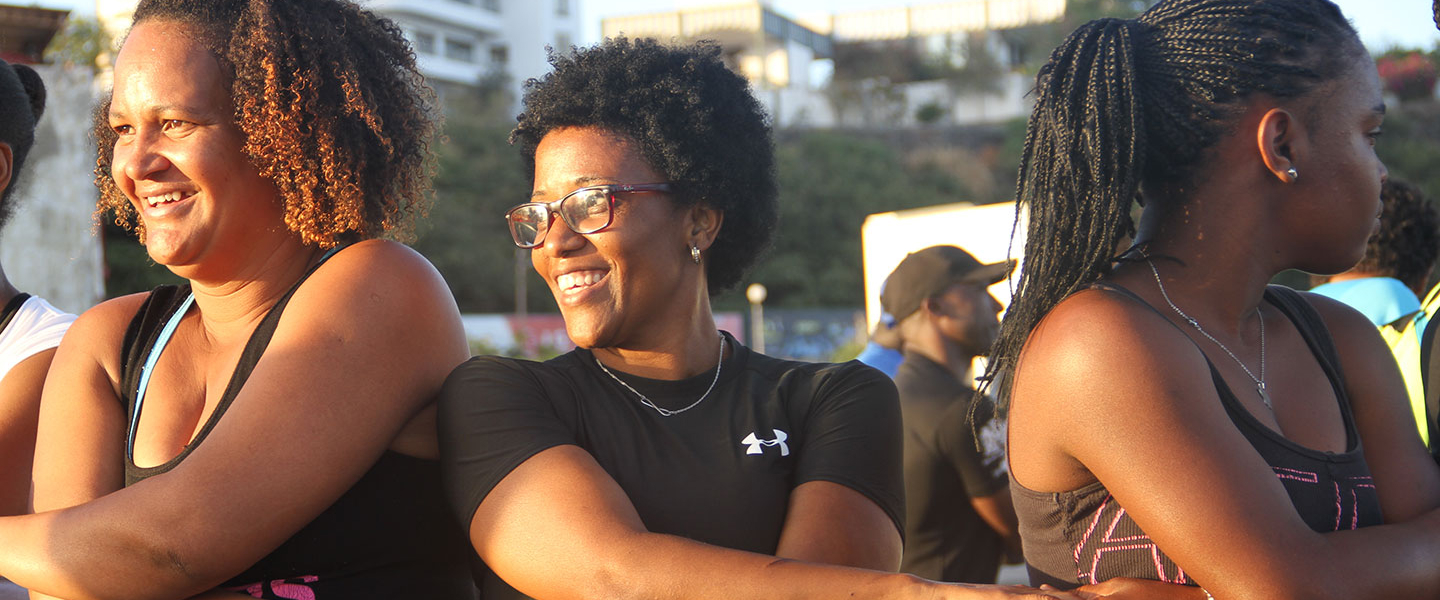
Promoting equity and addressing the
social, economic and environmental
determinants of health
The COVID-19 pandemic has exacerbated inequities and reaffirmed the importance of action on the social, environmental and economic determinants of health. WHO has worked closely with partners on a range of initiatives to promote health and take action on determinants, in addition to developing guidance and adapting it to country-specific contexts.
Advancing gender, equity and rights
With stay-at-home orders issued in response to COVID-19 in many countries, domestic violence incidents increased. In response, WHO provided guidance to countries on ensuring the continuity of essential services, including addressing gender-based violence.
In collaboration with the United Nations Population Fund (UNFPA), WHO in the African Region trained 150 front-line health workers and programme managers from 11 countries1 on the integration of gender-based violence services as part of sexual and reproductive health care. In Nigeria, standards were updated in line with WHO guidance to support survivors of gender-based violence. In Sierra Leone, a curriculum was developed for health workers to strengthen the quality of care provided to survivors of violence.
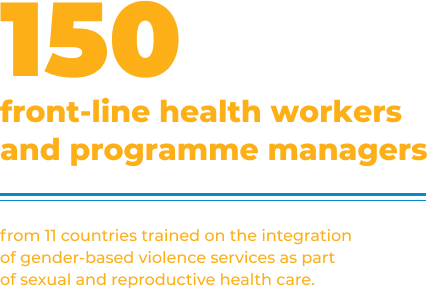
Twenty countries2 conducted health inequity analysis, using demographic and health survey disaggregated data. This analysis is helping governments to monitor and address inequities.
Weekly webinars during the pandemic brought stakeholders together to reflect on key issues in integrating gender, equity and rights. This resulted in the inclusion of gender, equity and rights in COVID-19 response plans and funding proposals.
Promoting health and
addressing determinants
In collaboration with the Swiss Agency for Development and Cooperation, the city of Douala in Cameroon initiated a Healthy Cities project with municipal government, civil society and private sector stakeholders. A rapid situation analysis revealed challenges affecting housing, water, sanitation and nutrition and a road map has been developed to start addressing them.
Through collaboration between WHO and the WHO Collaborating Centre for Health in All Policies and social determinants of health at the University of Pretoria, a curriculum and instruction modules for Health in All Policies have been developed. Professors at Parakou University in Benin, and the universities of Namibia, Senegal, Sudan and Zambia have been trained to deliver the modules.
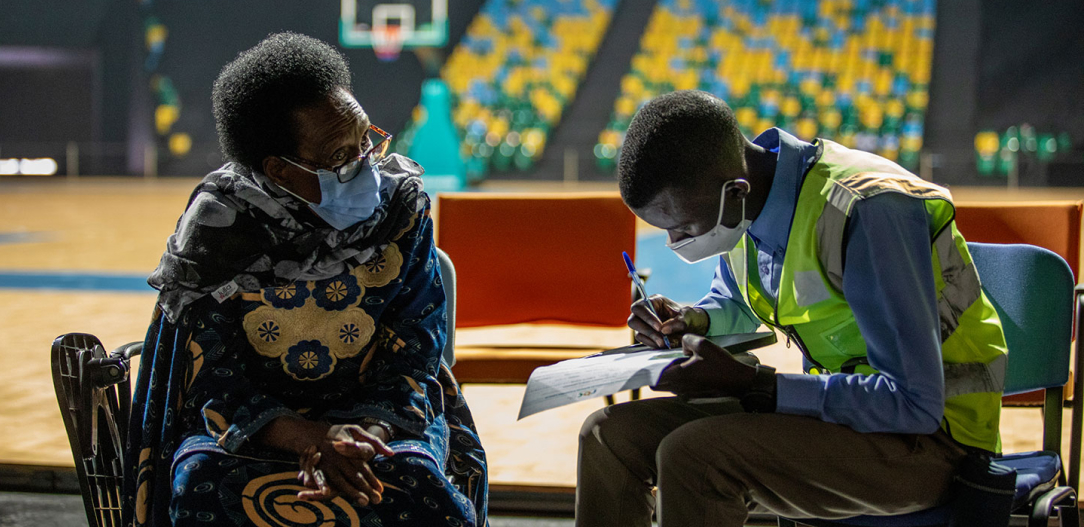
Working with Africa CDC, WHO has set up a community of practice to facilitate knowledge sharing on risk communications and community engagement. Tools to strengthen implementation of preventive measures have been developed and community feedback is collected regularly to adjust health messaging. The results of social science intervention studies in Nigeria and Zambia are being used to develop tools to promote behaviour change and inform strategic and policy directions.
Environmental health and proactively adapting to climate change
Climate change and health projects are underway in Ethiopia, Malawi, Mozambique and the United Republic of Tanzania focusing on improving early warning and surveillance of climate-sensitive diseases3 and the development of climate-resilient water safety plans.4 Following the oil spill in July 2020, Mauritius received timely support to carry out an environmental health risks assessment.
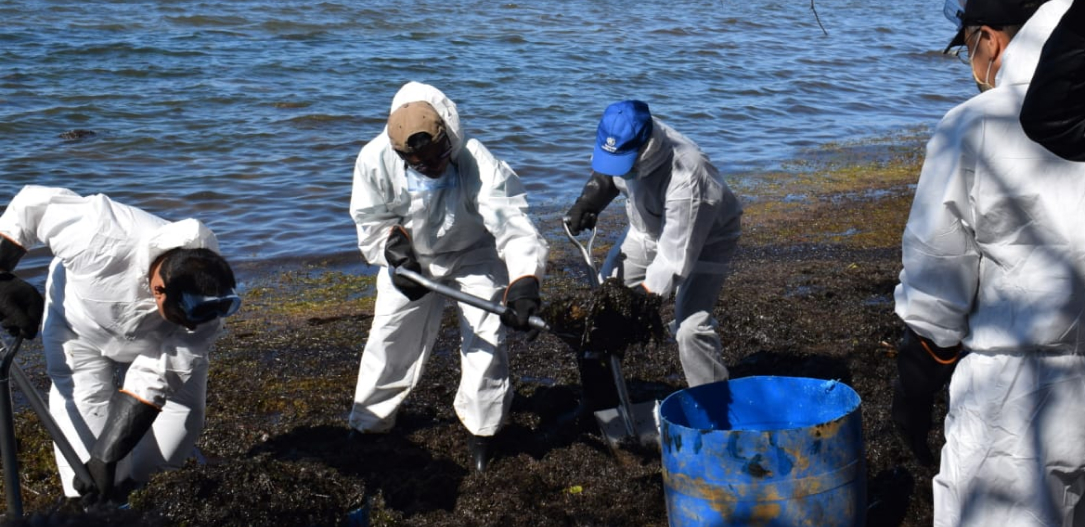
In partnership with the United Nations Environment Programme, Nigeria and Rwanda have initiated studies on the health co-benefits of climate mitigation through transitioning to household use of clean fuels and technologies. Ghana assessed the impacts of air pollution and the design of air pollution-free cities and published a report on the health and economic impacts of transport interventions in Accra, Ghana. In collaboration with the Global Climate and Health Alliance (GCHA), a consultation with regional health leaders was held in May 2021 to prepare for the United Nations Climate Change Conference (COP26) in November 2021.
In partnership with UNICEF and Global Water 2020, an international NGO based in the United States, WHO organized a high-level leadership event for African First Ladies in April 2021 to accelerate improvements in access to water, sanitation and hygiene in health care facilities for better quality care. WHO has supported the resumption of WASH accounts monitoring activities through TRACKFIN (Tracking financing to sanitation, hygiene and drinking-water) in five countries.5
Countries6 have also been assisted to prepare plans to build institutional and legal capacities for the management of chemicals and to develop national guidelines and regulations on the use of lead paint.7 Health national adaptation plans to climate change (H-NAPS) have been developed8 and updated.9
Overcoming malnutrition
and ensuring food safety
Championing nutrition
May 2021 marks the 40th anniversary of the adoption by the World Health Assembly in 1981 of the International Code of Marketing of Breastmilk Substitutes. Only 13 countries10 in the African Region have enshrined the full provisions of the Code in national law. This legislative process is fraught with industry interference. WHO and UNICEF are supporting countries to conduct the process. For example, in December 2020, Kenya notified the World Trade Organization of proposed regulations to implement the Breast Milk Substitutes (Regulation and Control) Act of 2012. In Nigeria, the National Agency for Food and Drug Administration and Control adopted a multi-year plan for the implementation of national regulations. In Burkina Faso, a decree regulating the marketing of breastmilk substitutes was adopted in March 2021.
In West and Central Africa, WHO, UNICEF and Alive & Thrive collaborated to increase rates of exclusive breastfeeding. As a result, seven countries11 have launched national campaigns. Burkina Faso’s robust campaign began with a situation analysis to inform tailored social and behaviour change messaging, delivered under government leadership and supported by partners.
WHO, UNICEF, the World Food Programme (WFP) and the United Nations High Commissioner for Refugees (UNHCR) worked together to adapt guidance on protecting breastfeeding during the COVID-19 pandemic in African countries. Additional guidance was developed on screening and management of severe acute malnutrition integrated in facility-based services and in seasonal malaria campaigns. Overall, in the East and Southern African subregion, the number of under-five children screened for wasting increased by 5% between July and December 2020 compared to the same period in 2019, thanks to implementation of these guidelines. East and Southern Africa reported a 6% increase in admissions for severe wasting between January and September 2020 compared to 2019, and the number of caregivers reached with infant and young child feeding (IYCF) messaging and counselling doubled to 18 million in 2020 compared to 2019.
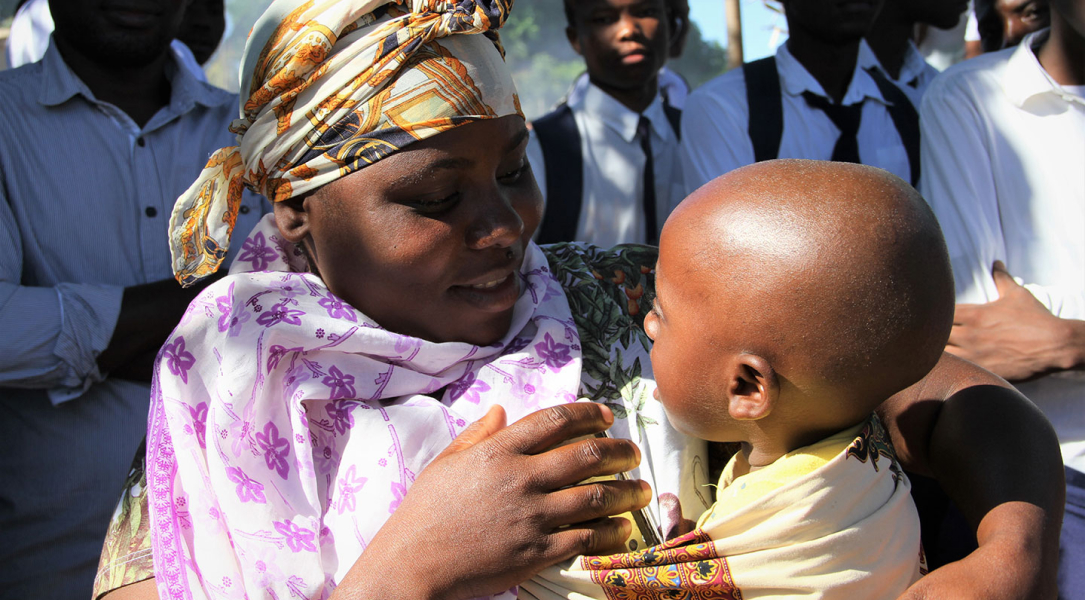
Parliamentarians are friends of nutrition in Sierra Leone
Despite the demands of COVID-19, Sierra Leone made nutrition a national priority and took swift action to develop a comprehensive Bill regulating the marketing of breastmilk substitutes. The rapid development of the Bill was due to the efforts and determination of stakeholders across government ministries, departments and agencies, civil society groups including Focus1000, Action Against Hunger and Helen Keller International, the Scaling up Nutrition (SUN) Secretariat, Irish Aid, Members of Parliament (Committee on Nutrition and Food Security), and WHO, UNICEF and WFP. The Breastmilk Substitutes Act, 2020 was gazetted in February 2021 in preparation for its presentation to Parliament by the Minister of Health and Sanitation. The political will of parliamentarians has been a driving force in the development of the Act. Both majority and minority political parties committed to support the draft Bill when presented for endorsement in Parliament. They pledged to be champions for nutrition "yesterday, today, tomorrow and forever."
Food safety
Capacity to respond effectively to food safety emergencies is built and maintained through the International Food Safety Authorities Network (INFOSAN). WHO, the INFOSAN Secretariat, the Food and Agriculture Organization of the United Nations (FAO) and the African Union conducted joint training and advocacy, leading to the designation of 21 new INFOSAN members representing government ministries in six countries. There are now 134 INFOSAN members in the African Region.

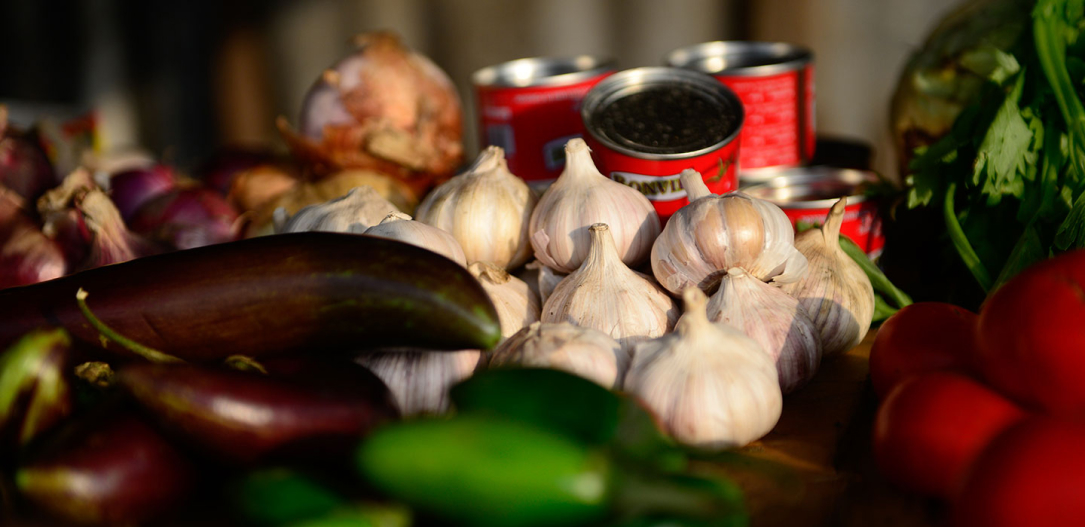
Reducing risk factors for noncommunicable diseases and injuries
The toll of noncommunicable diseases (NCDs) is increasing in African populations. These diseases also make people more vulnerable to serious illness caused by COVID-19. In this context, WHO has stepped up support to countries to tackle NCD risk factors.
Reducing tobacco and alcohol use
In line with the provisions of the WHO Framework Convention on Tobacco Control (WHO FCTC), Chad, the Gambia and Mauritania adopted regulations introducing pictorial health warnings on tobacco packages. These warnings will cover 80% of the principal display areas on the front and back of tobacco packages for Chad, 75% for the Gambia, and 70% for Mauritania. In Ethiopia, all cigarette packs now feature pictorial health warnings covering 70% of principal display areas. Burkina Faso issued a decree banning the use and sale of tobacco products and alcohol within a 400-metre radius of schools during school hours. Senegal prohibited importation, distribution, sale and use of shisha and similar devices.
As the COVID-19 pandemic evolved, WHO urged governments to strengthen prevention measures. The manufacture, distribution, sale and use of tobacco and alcohol are discouraged, as they are considered non-essential items. Botswana and South Africa issued regulations to restrict the sale of alcohol and tobacco products. Five additional countries13 restricted the sale of alcohol and its consumption in public places. The restrictions imposed in South Africa have resulted in reduced hospital admissions for assault, road traffic injuries and sexual violence.14 Ghana and Nigeria developed policies to reduce the harmful use of alcohol in line with the WHO SAFER technical package. As part of efforts to reduce the impact of the harmful use of alcohol, 16 countries15 have strengthened the implementation of relevant policies and legislation.
Promoting physical activity
In 2020, the Seventieth session of the WHO Regional Committee for Africa endorsed the Regional framework for the implementation of the Global Action Plan on Physical Activity 2018–2030. Countries16 have since updated their guidelines on physical activity and sedentary behaviour to reflect the recent evidence on the health benefits for various age groups, people with chronic diseases, and pregnant and postpartum women. In addition, Kenya launched a three-year research project to identify priority actions to prevent nutrition-related noncommunicable diseases.
A WHO guide to address NCD risk factors in the context of COVID-19 was widely disseminated. It provides key messages for the public on how to prevent and tackle tobacco use, harmful use of alcohol, unhealthy diets, and physical inactivity while coping with the pandemic.
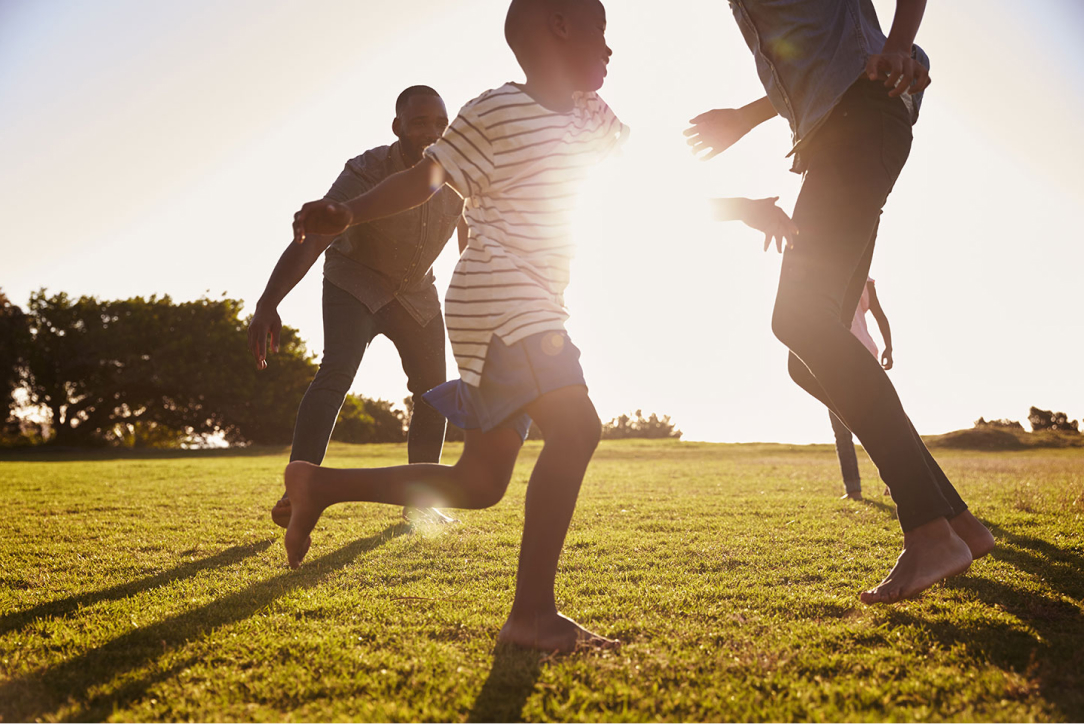
Enhancing road safety
The WHO African Region accounts for 3% of global registered vehicles and 20% of global road deaths; 40% of these are pedestrian deaths. To make our roads safer, WHO is partnering with the Bloomberg Initiative for Global Road Safety to support the strengthening of road safety legislation in five countries.17
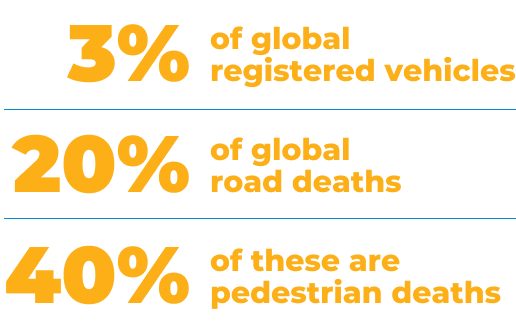
Road Safety Week was celebrated in May 2021, under the theme “Streets for life #love30”. WHO and the World Bank hosted a webinar for parliamentarians to raise awareness of the 30 kilometres per hour campaign. The aim is to lower speed limits to 30 kilometres an hour in high-density urban areas based on evidence that an increase in average speed of one kilometre per hour translates into a 3% higher risk of a crash and a 4% to 5% increase in fatalities. WHO also supported Namibia to develop a national strategy for the second Decade of Action for Road Safety 2021–2030, which strengthens national commitment to achieve, by 2030, a 50% reduction in road traffic deaths.
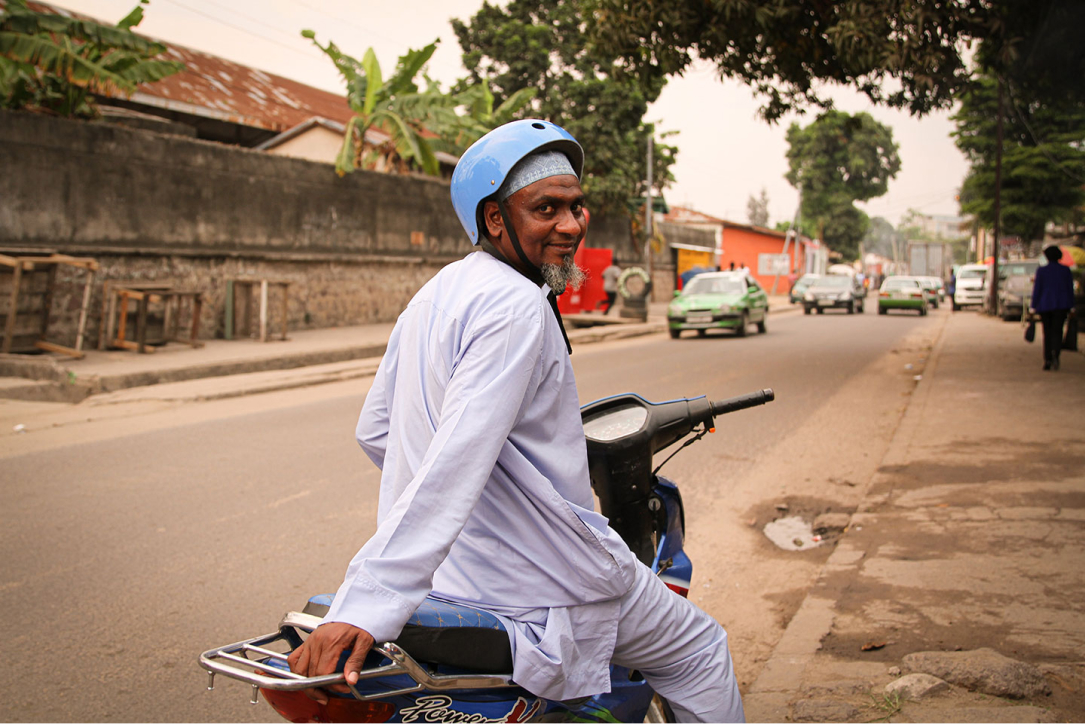
- Angola, Botswana, Eswatini, Kenya, Lesotho, Malawi, Mozambique, Namibia, South Africa, Uganda, Zambia.
- Angola, Benin, Liberia, Madagascar, Malawi, Mali, Mozambique, Namibia, Niger, Nigeria, Rwanda, Sao Tome and Principe, Senegal, Sierra Leone, South Africa, Togo, Uganda, United Republic of Tanzania, Zambia and Zimbabwe.
- Ethiopia, Malawi, Mozambique and United Republic of Tanzania.
- Ethiopia
- Burundi, Ghana, Kenya, Niger and Uganda.
- Ethiopia, Gabon, Kenya, Madagascar, Mali, Senegal, United Republic of Tanzania, Zambia and Zimbabwe.
- Burundi, Cabo Verde, Eswatini, Guinea, Liberia, Mali, Mauritius, Sudan and Uganda.
- Guinea and Malawi.
- Ethiopia, Mozambique and United Republic of Tanzania.
- Botswana, Burkina Faso, Burundi, Cabo Verde, Cameroon, Chad, Côte d'Ivoire, Democratic Republic of the Congo, Gabon, Kenya, Madagascar, Mali and Zimbabwe.
- Burkina Faso, Côte d'Ivoire, Ghana, Mali, Niger, Nigeria and Togo.
- Benin, Cabo Verde, Cameroon, Côte d'Ivoire and Nigeria.
- Eswatini, Kenya, Lesotho, Namibia and Zimbabwe.
- https://www.scienceopen.com/document_file/281511da-ec26-4ab1-ad2d-
- Botswana, Burkina Faso, Cabo Verde, Cameroon, Congo, Côte d'Ivoire, Eswatini, Kenya, Lesotho, Mozambique, Namibia, Rwanda, Seychelles, South Africa, Uganda and Zambia.
- Botswana, Cameroon, Cabo Verde, Côte d'Ivoire, Ethiopia, Ghana, Kenya, Madagascar, Mali, Nigeria, Seychelles, Sierra Leone, South Africa, Uganda, United Republic of Tanzania, Zambia and Zimbabwe.
- Burkina Faso, Ethiopia, Ghana, Mauritius and Uganda.


